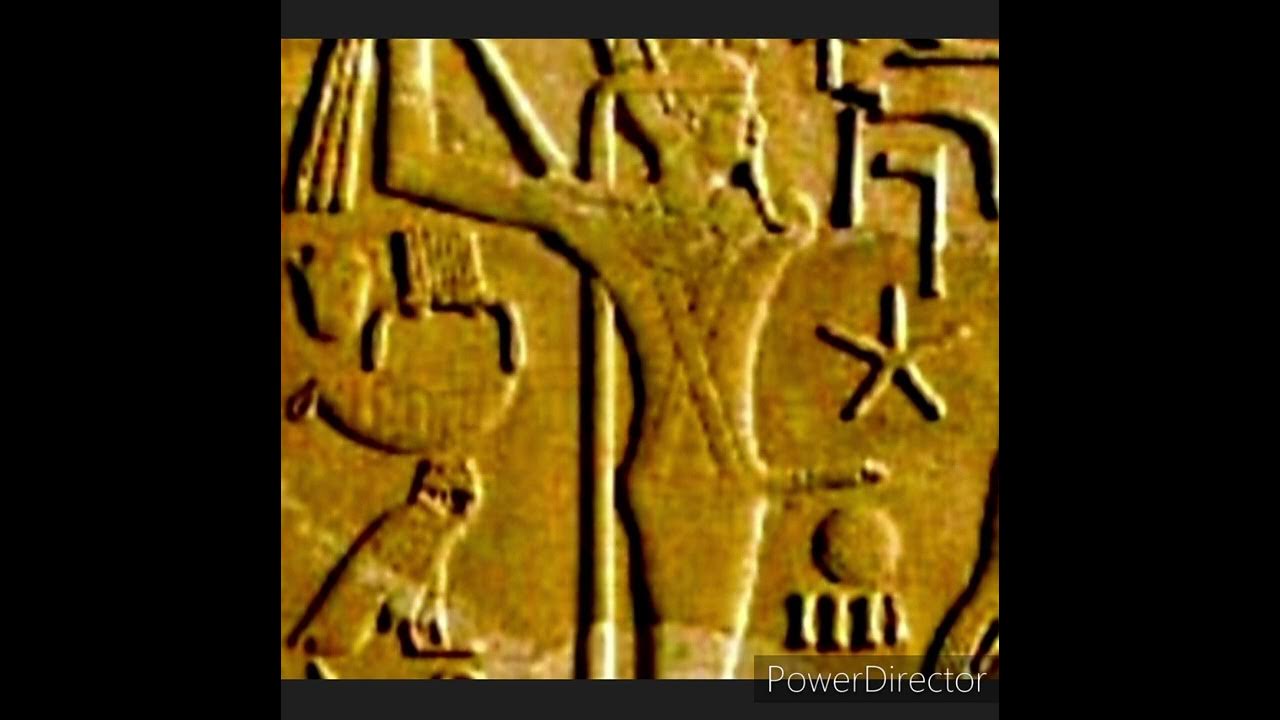Why Snakes Are Associated With the Demonic and Lies | Jonathan Pageau & Fr. Andrew Damick
Summary
TLDRThe script explores the symbolic association between dragons and lying, drawing parallels to serpents in mythology and scripture. Dragons, ancient and powerful beings, symbolize chaos and deception, much like demons in various religious texts. They embody agelessness and otherworldliness, posing a threat to human narratives when misunderstood or misinterpreted. The narrative delves into the nature of lies, deceitful spirits, and the challenge of resisting their influence, urging caution in engaging with ancient myths that can disrupt contemporary beliefs.
Takeaways
- 🐉 The association between dragons and lying is deeply rooted in the symbolism of serpents, often depicted as twisty and deceptive creatures.
- 📜 The serpent in biblical scripture is related to the concept of the sea monsters like Leviathan, symbolizing chaos and deception.
- 🌀 The snake's twisting nature is connected to the idea of lies, which deviate from a straight path, representing untruth and manipulation.
- 👅 The expression 'forked tongue' refers to the snake's duality, speaking two things at once, further linking it to deceit.
- 👿 Demons, often associated with serpents, are seen as deceivers, leading mankind away from truth and into rebellion against God.
- 🧩 There's no consistent system for categorizing demons or understanding their names in scripture; they are inherently deceitful and chaotic.
- 📚 Dragons, often depicted as ancient beings, symbolize the long-standing presence and influence of demonic forces in human history.
- ⚔️ Rejecting the influence of dragons or demons is crucial to not falling under their spell, emphasizing personal resistance to deception.
- 🌍 The concept of ancient beings like dragons and giants represents chaotic forces from a time before human order, which can destabilize and devour the present world.
- 🚨 The script warns against becoming too entangled with ancient myths or stories not part of one's own tradition, as they can lead to confusion and destruction.
Q & A
What is the main symbolism associated with dragons according to the script?
-The main symbolism associated with dragons is connected to the serpent or snake, often representing deceit and the twisting of truth.
How is the concept of the serpent related to lying in the script?
-The serpent is related to lying because of its physical attributes; it is twisty and bendy, which is used metaphorically to represent the twisting of untruth.
What is the connection between the serpent and the sea monster in the script?
-The script suggests that the word for serpent, 'tannin', is connected to the sea monsters and the notion of the great sea serpent, the Leviathan.
What does the script say about the idea of truth and the serpent's role?
-Truth is likened to an arrow hitting a target, while the serpent is the one that deviates from the straight path, embodying the concept of lying.
How is the concept of a forked tongue related to the serpent in the script?
-A forked tongue represents the ability to speak two things at once or have two sides, which is likened to the serpent's dual nature and its association with deceit.
What is the difference between lying with a twisted purpose and lying for a 'mighty purpose' as mentioned in the script?
-Lying with a twisted purpose is inherently negative, while lying for a 'mighty purpose' might be framed in a more positive light, such as a saint confessing to sins they haven't committed to prompt another to confess their actual sins.
How are demons depicted in relation to lying in the script?
-Demons are closely associated with lying as they are depicted as deceitful spirits that aim to lead mankind into rebellion against God.
What is the significance of the age of dragons in the script?
-Dragons are often depicted as ancient beings, symbolizing the long-standing presence and influence of chaos and deceit in the world.
How does the script connect the ancient nature of dragons to the concept of chaos?
-The ancient nature of dragons is associated with chaos because they represent a time before our own, disconnected from our personal stories and thus having a destabilizing effect.
What is the primary lie that demons tell according to the script?
-The primary lie that demons tell, as per the script, is that they do not exist, and that any thoughts one has are purely their own.
What is the importance of personal rejection when encountering a dragon in the script?
-Personal rejection is crucial when encountering a dragon to avoid falling under their spell, signifying the importance of not accepting the lies they may represent.
Outlines

This section is available to paid users only. Please upgrade to access this part.
Upgrade NowMindmap

This section is available to paid users only. Please upgrade to access this part.
Upgrade NowKeywords

This section is available to paid users only. Please upgrade to access this part.
Upgrade NowHighlights

This section is available to paid users only. Please upgrade to access this part.
Upgrade NowTranscripts

This section is available to paid users only. Please upgrade to access this part.
Upgrade NowBrowse More Related Video

PY4E - Introduction (Chapter 1 Part 3)

Compilation: The Symbolism of Eating, Fasting and Meat | Jonathan Pageau

Marduk and Elon Musk: A Shocking Connection Hidden in Plain Sight

Ang diyos ng mga Norse | AESIR

THE LIGHT IS THE LIFE OF MAN

जब कलियुग में हुआ महानायक अर्जुन का पुनर्जन्म 🥶| Arjuna : The Global Icon | LAURA FARMING #arjun
5.0 / 5 (0 votes)